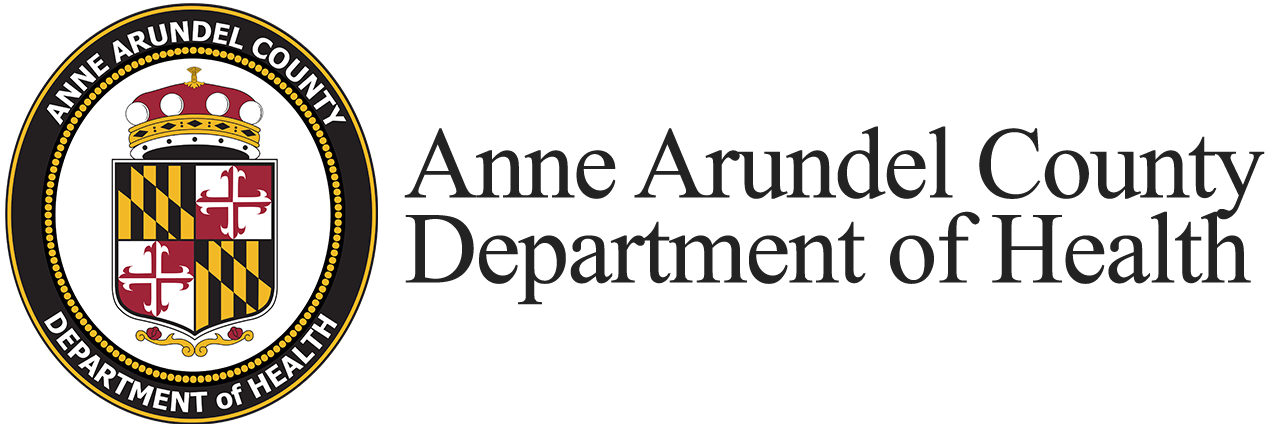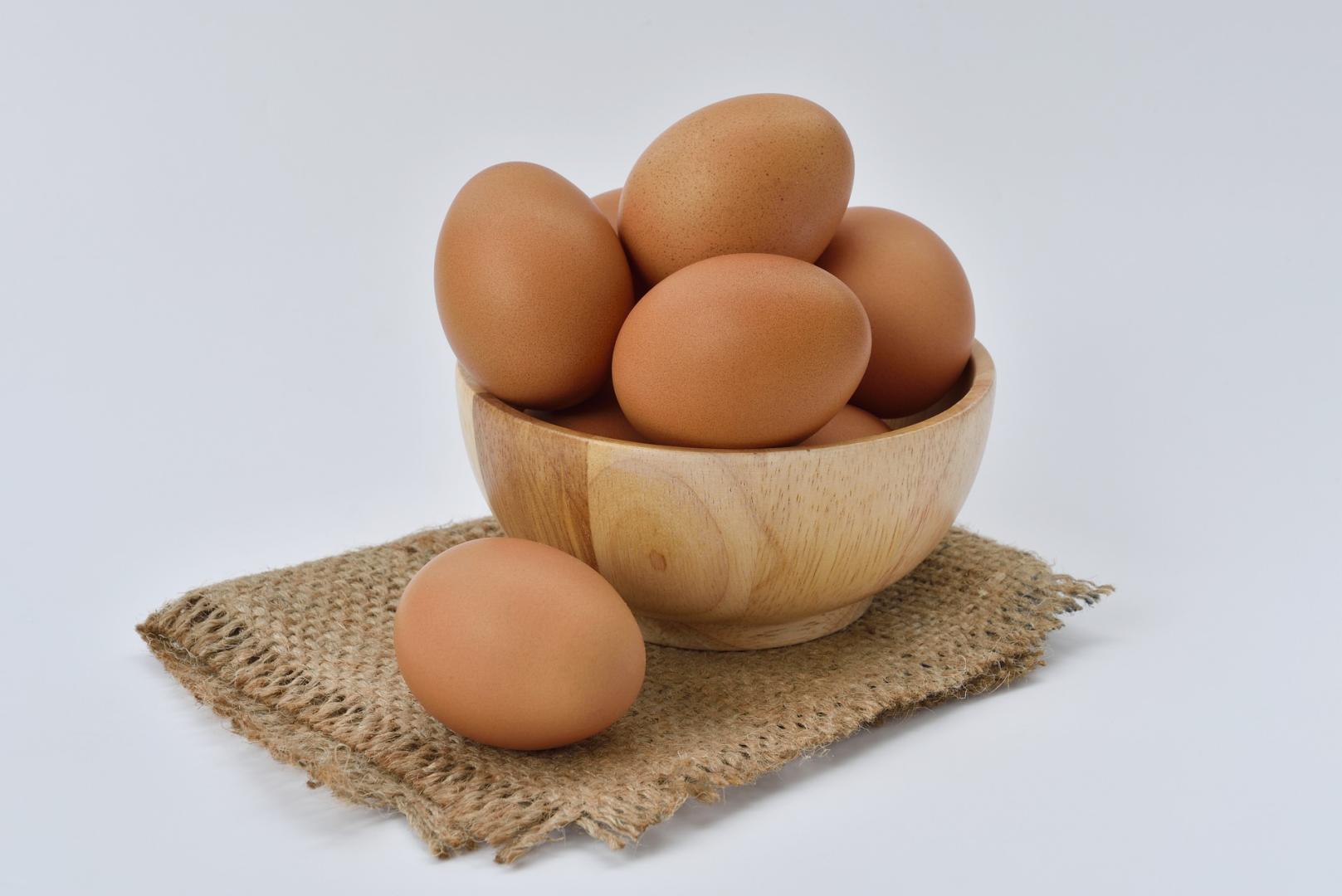Proper refrigeration, cooking, and handling should prevent most egg safety problems. Persons can enjoy eggs and dishes containing eggs if these safe handling guidelines are followed.
Handle Eggs Safely.
Wash hands, utensils, equipment, and work areas with warm, soapy water before and after contact with eggs and dishes containing eggs. Don't keep eggs -- including Easter eggs -- out of the refrigerator more than 2 hours. Serve cooked eggs and dishes containing eggs immediately after cooking, or place in shallow containers for quick cooling and refrigerate at once for later use. Use within 3 to 4 days.
Cook Contents of Eggs Blown Out of Shells for Decorating.
The contents blown out of eggshells can be used in any recipe where yolks and whites are mixed and thoroughly cooked. Use the contents immediately after they have been blown out or freeze them.
Don't Eat Raw Eggs.
This includes "health-food" milk shakes with raw eggs, Caesar salad, Hollandaise sauce, and any other foods like homemade mayonnaise, ice cream, or eggnog made from recipes in which the raw egg ingredients are not cooked.
Buy Clean Eggs. At the store, choose Grade A or AA eggs with clean, uncracked shells.
Make sure they've been refrigerated in the store. Any bacteria present in an egg can multiply quickly at room temperature. Don't wash eggs. At the plant, government regulations require that USDA- graded eggs be carefully washed and sanitized using special detergent.
Refrigerate Eggs.
Take eggs straight home and store them in the grocery carton in the coldest part of the refrigerator, not in the door, at 40°F or slightly below.
Use Eggs Within Recommended Times. Use raw shell eggs within 3 to 5 weeks.
Hard-cooked eggs will keep refrigerated for 1 week. Use leftover yolks and whites within 4 days. If eggs crack on the way home from the store, break them into a clean container, cover it tightly, and keep refrigerated for use within 2 days.
Freeze Eggs for Longer Storage.
Eggs should not be frozen in their shells. To freeze whole eggs, beat yolks and whites together. Egg whites can be frozen by themselves. Use frozen eggs within a year.
Cook Eggs - Use a Food Thermometer.
Many cooking methods can be used to cook eggs safely including poaching, hard cooking, scrambling, frying, and baking. However, eggs must be cooked thoroughly until yolks are firm. Scrambled eggs should not be runny. Casseroles and other dishes containing eggs should be cooked to 160°F as measured with a food thermometer.

